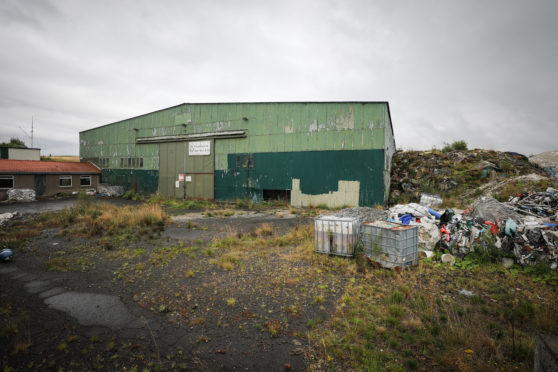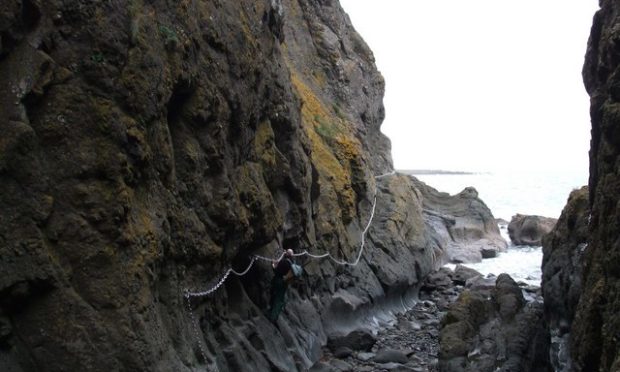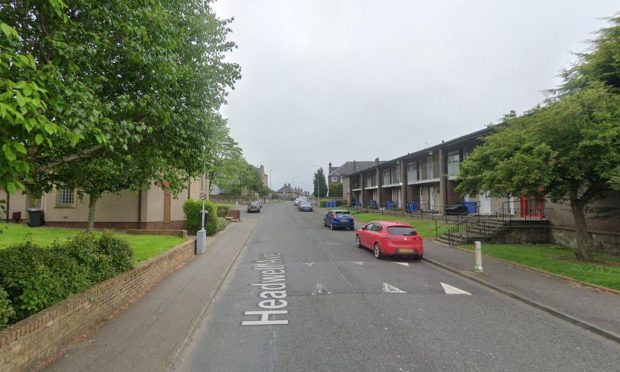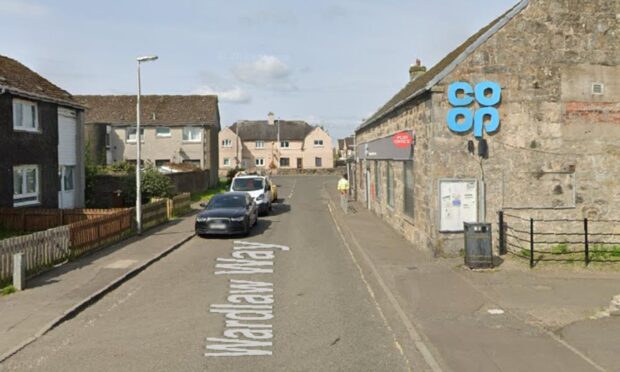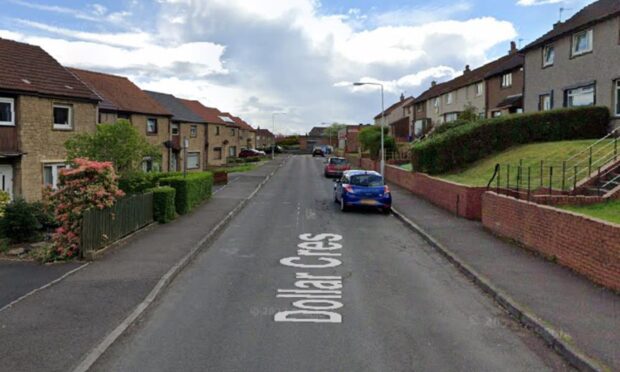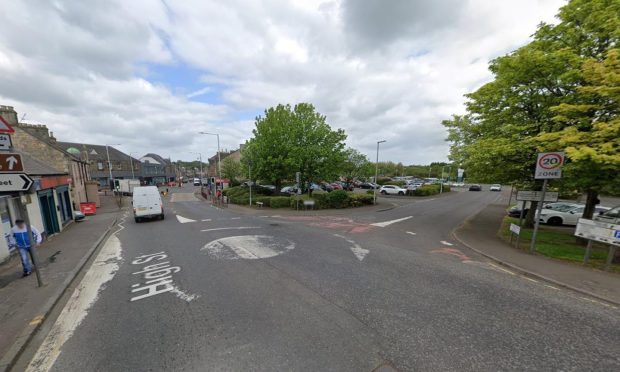A businessman has failed in an audacious attempt to sue Fife Council for £1million after claiming the local authority had been in breach of environmental regulations.
Lawyers acting for Ramesh Dewan took the case to the Court of Session in a bid to recover the cost of removing and disposing of waste deposited at Lathalmond Industrial Estate near Dunfermline and to restore the site to its original state.
However, in a written judgement, Lady Wolffe has dismissed the action and found in favour of Fife Council.
Court papers revealed Mr Dewan owns the site but leased it in February 2010 to two individuals who were directors of a waste management company, First Option Services Limited, which operated there.
That company’s activities were subject to environmental statutory controls in the form of an exemption under the Environmental Protection Act 1990 and Waste Management Licensing (Scotland) Regulations 2011 but Mr Dewan’s lawyers pointed out that waste stored on the site was in breach of the exemption granted to the company.
The directors of the company subsequently pled guilty to a charge of keeping controlled waste, namely 3,500 tonnes each of waste carpets and plasterboard, in a manner likely to cause pollution of the environment and harm to human health between September 28 2012 and February 21 2013.
>> Keep up to date with the latest news with The Courier newsletter
However, the civil action before the Court of Session did not seek to recover the estimated £1 million of restoring the site from the company’s directors but from Fife Council, which was one of about 38 third-party users of the company’s services.
Mr Dewan’s solicitors said the local authority entered into an agreement with the company to dispose of waste in around March 2011 – an arrangement which lasted until around June 2012.
During that period, council workers were said to have delivered about 1,267 tonnes of carpet and 685 tonnes of plasterboard to the site. Mr Dewan argued they had breached the Act by “knowingly” permitting controlled waste to be deposited on site when those deposits were not covered by the agreed exemption.
Court documents also noted the council was “the most significant contributor” of controlled waste on the site, and that it “ought” to have known that waste being deposited would cause damage.
The council’s legal team said there was no indication as to why the council “knew” or “ought to have known” that waste was being stored in breach of the Act.
“No relevant and specific averments are made in relation to any individual officer or employee of the defenders (the council) that had actual knowledge that an offence was being committed, or in relation to any circumstances that should have alerted the defenders (the council) that an offence was being committed,” the court papers added.
Lady Wolffe dismissed Mr Dewan’s action and has reserved the question of legal expenses meantime.
Neither party wished to make any subsequent comment on the ruling.
